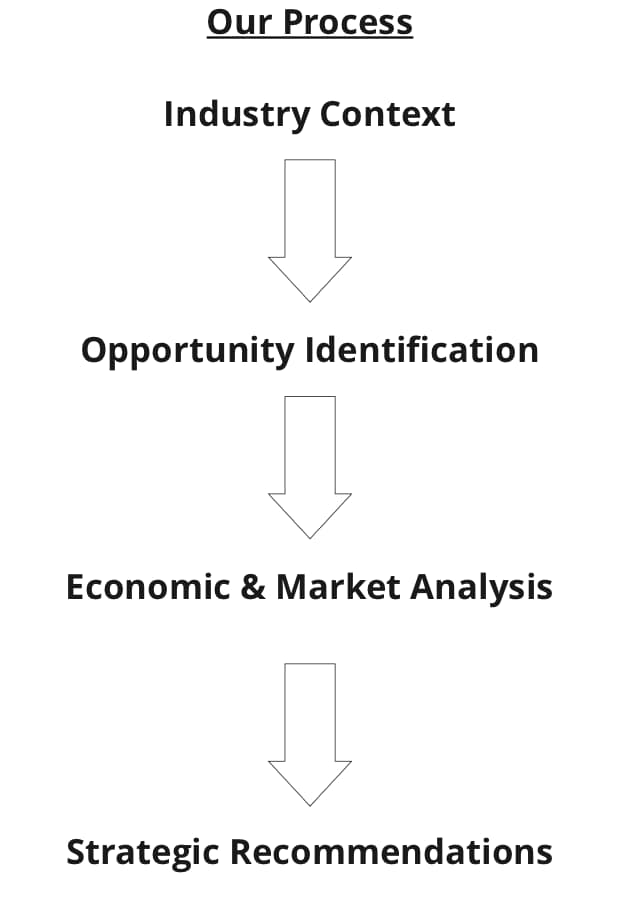Case Study: Sustainable Seaweed Cultivation
Developing a seaweed cultivation strategy for Wales
Client OverviewWorking with The Seaweed Alliance on a project for the Welsh Government, SI was invited to conduct a market and economic feasibility assessment of developing a cultivated seaweed industry for Wales. SI’s contribution would form the strategic foundation for the wider feasibility study, which also considered the environmental impacts and benefits of seaweed farming, potential locations for farming, and the social value of seaweed for Wales. |
 |
 |
BackgroundWith the European seaweed industry projected to grow to €9.3 billion in value by 2030, there has been significant interest in understanding the many potential applications and opportunities for seaweed. There has also been significant hype concerning the sustainability credentials of seaweed due to the potential to sequester carbon, regenerate eco-systems, and mitigate ocean acidification. SI were tasked with identifying the markets and applications with strong growth potential and assess the economic feasibility for Welsh companies to exploit these opportunities, whilst contributing to coastal community regeneration and the Blue Economy of Wales. |
Our Approach
|
 |
 |
Outcomes: A vision of a thriving Welsh seaweed industry in 2033 was elaborated based on the market and economic analysis. A roadmap to achieve this vision was defined, containing practical recommendations for farmers, policy makers, and investors.
Moving Forward: The overall feasibility report will be presented to Welsh policy makers and made available to prospective farmers and investors to support the business case for investment and guide the development of the industry.
Conclusion: Combining extensive input from industry experts with sound market and economic analysis, SI was able to deliver a credible blue print for developing a profitable and sustainable growth plan for the Welsh seaweed industry.
|
- October 20, 2023
At Strategic Innovation (SI), we stand at the forefront of creative problem-solving and strategic innovation. We worked with The Seaweed Alliance to help define the future of a Welsh Seaweed industry, taking both sustainability and feasibility into consideration.